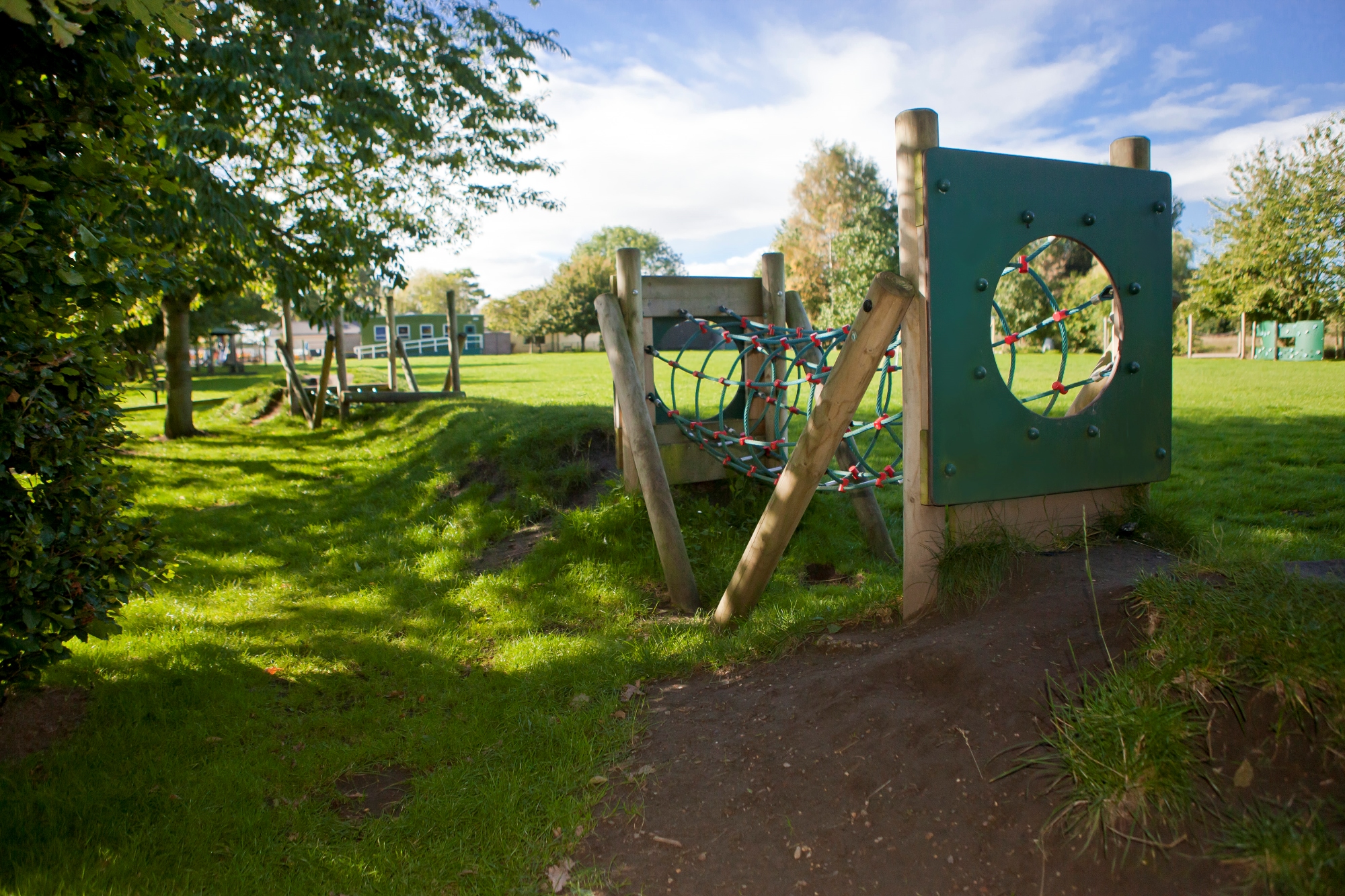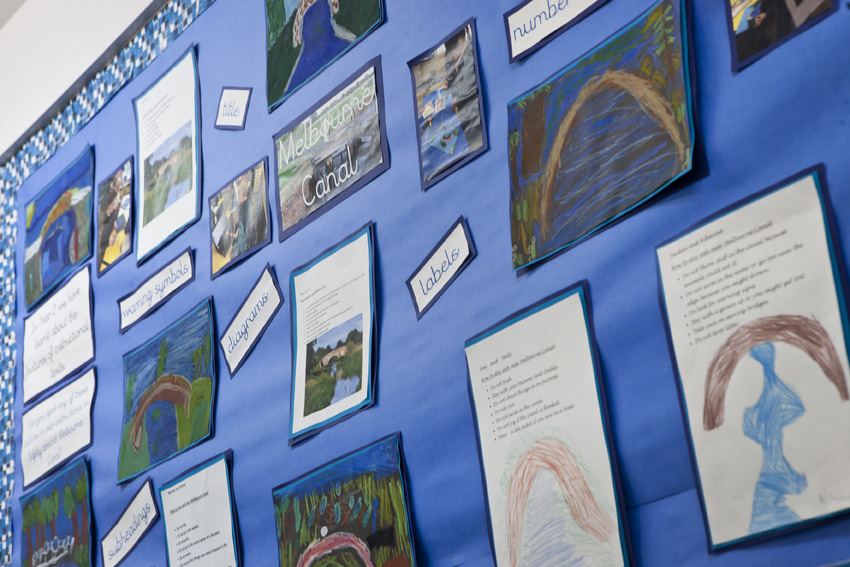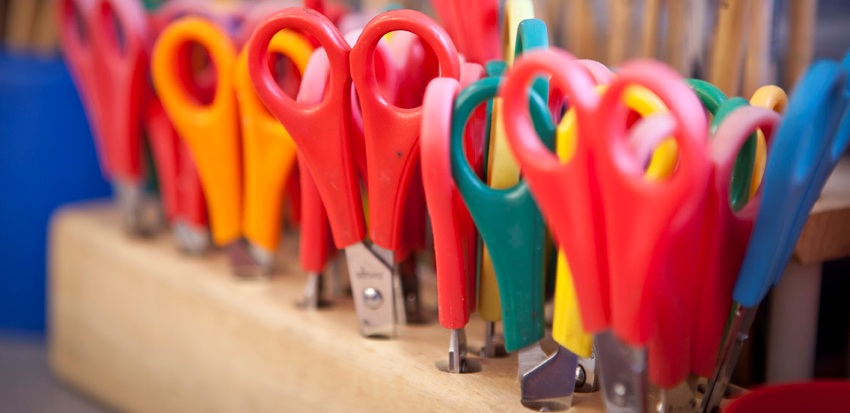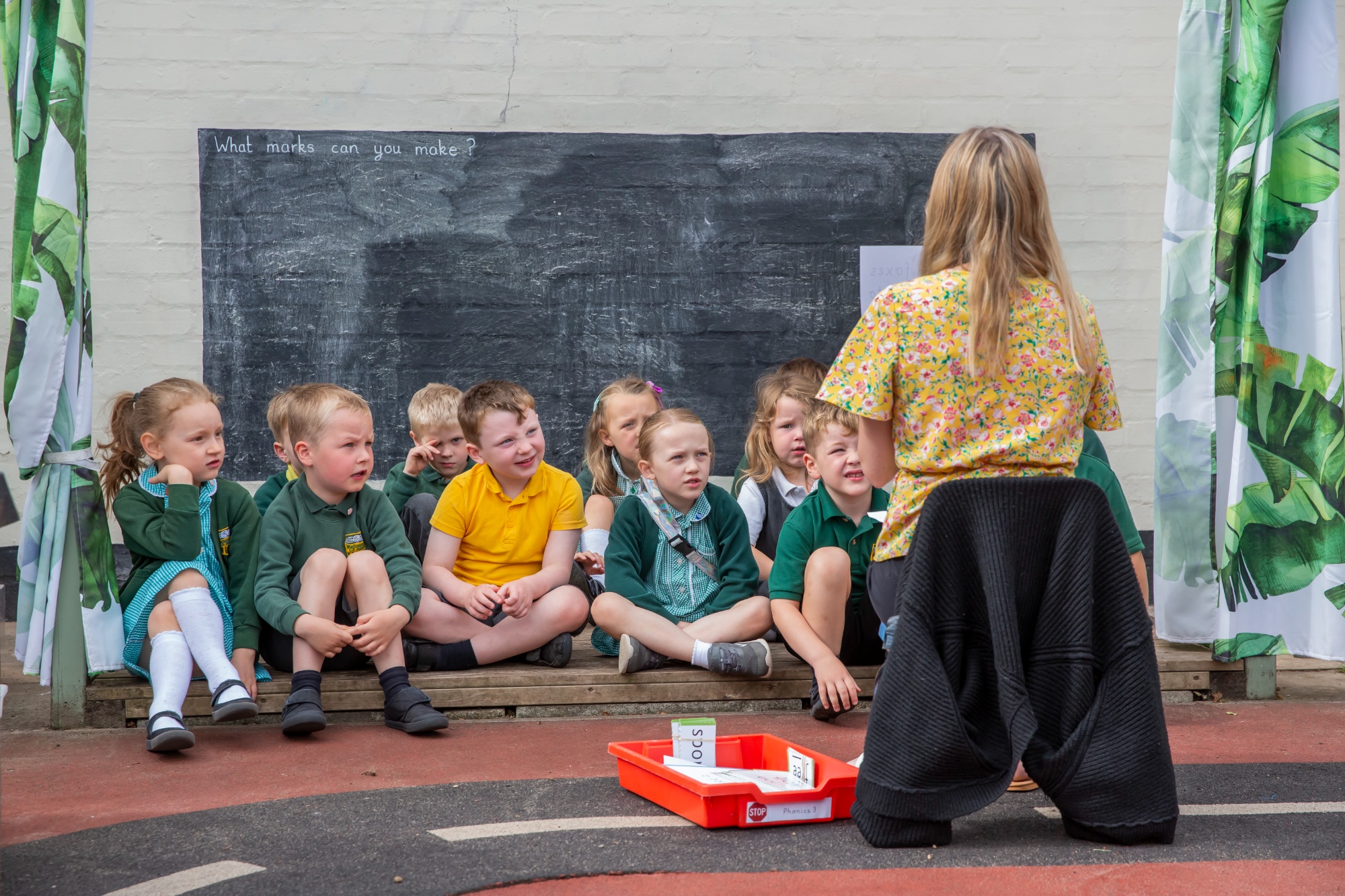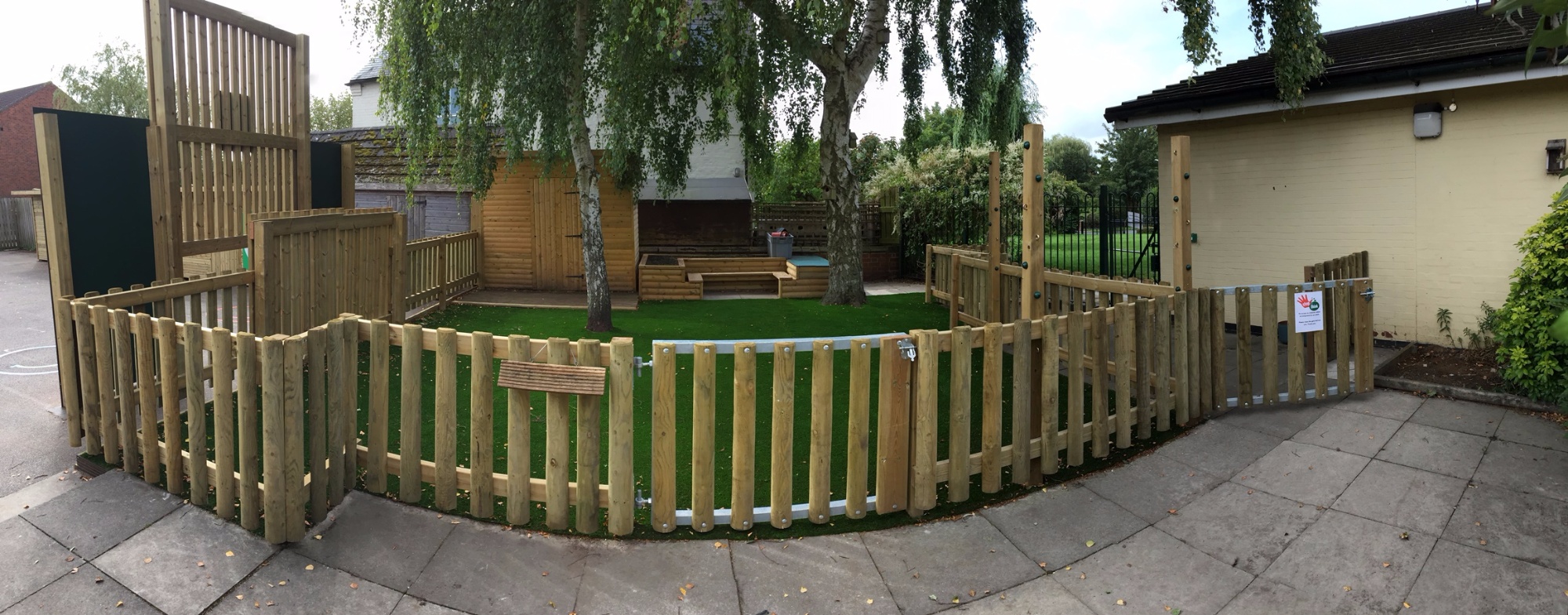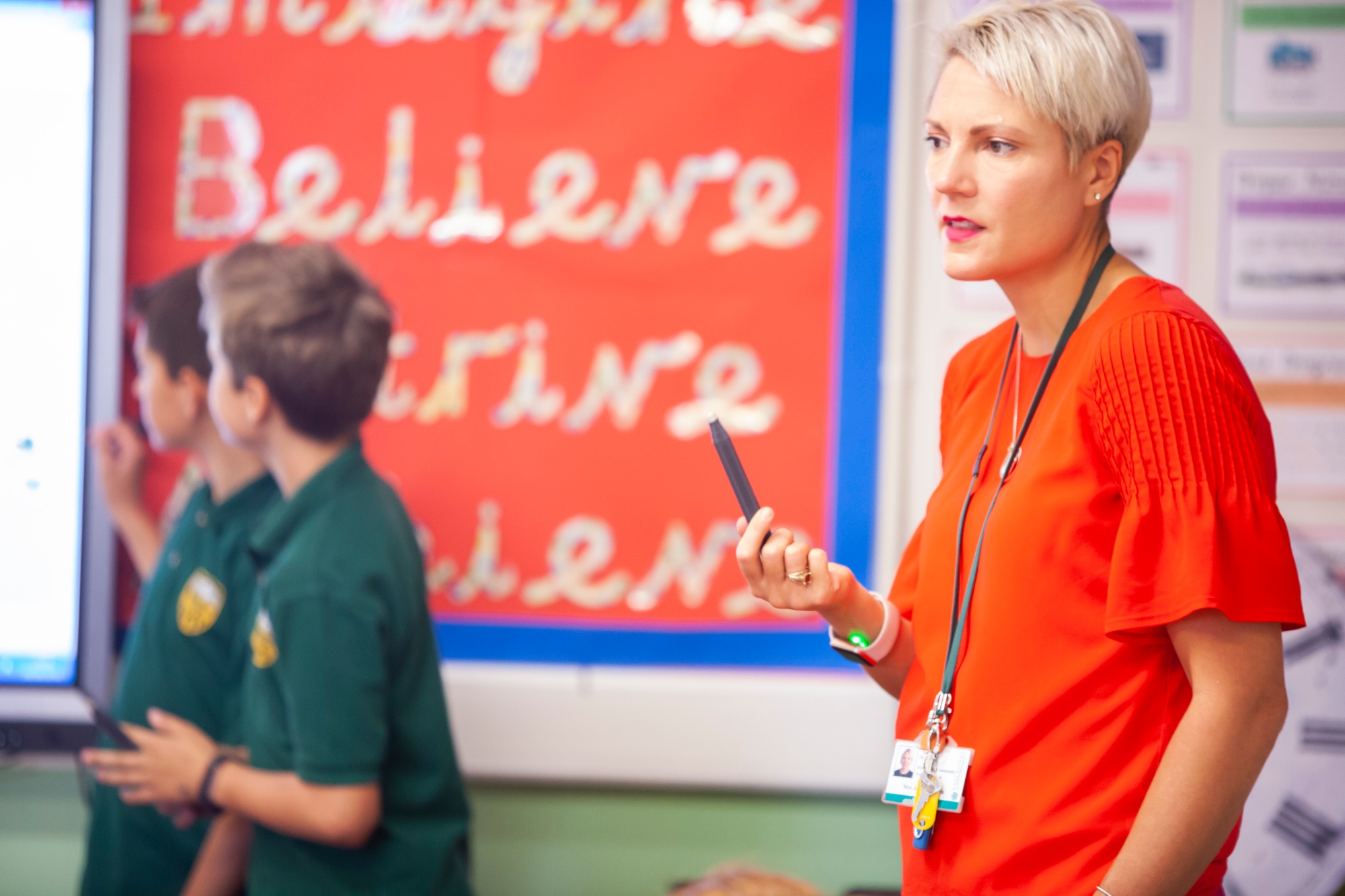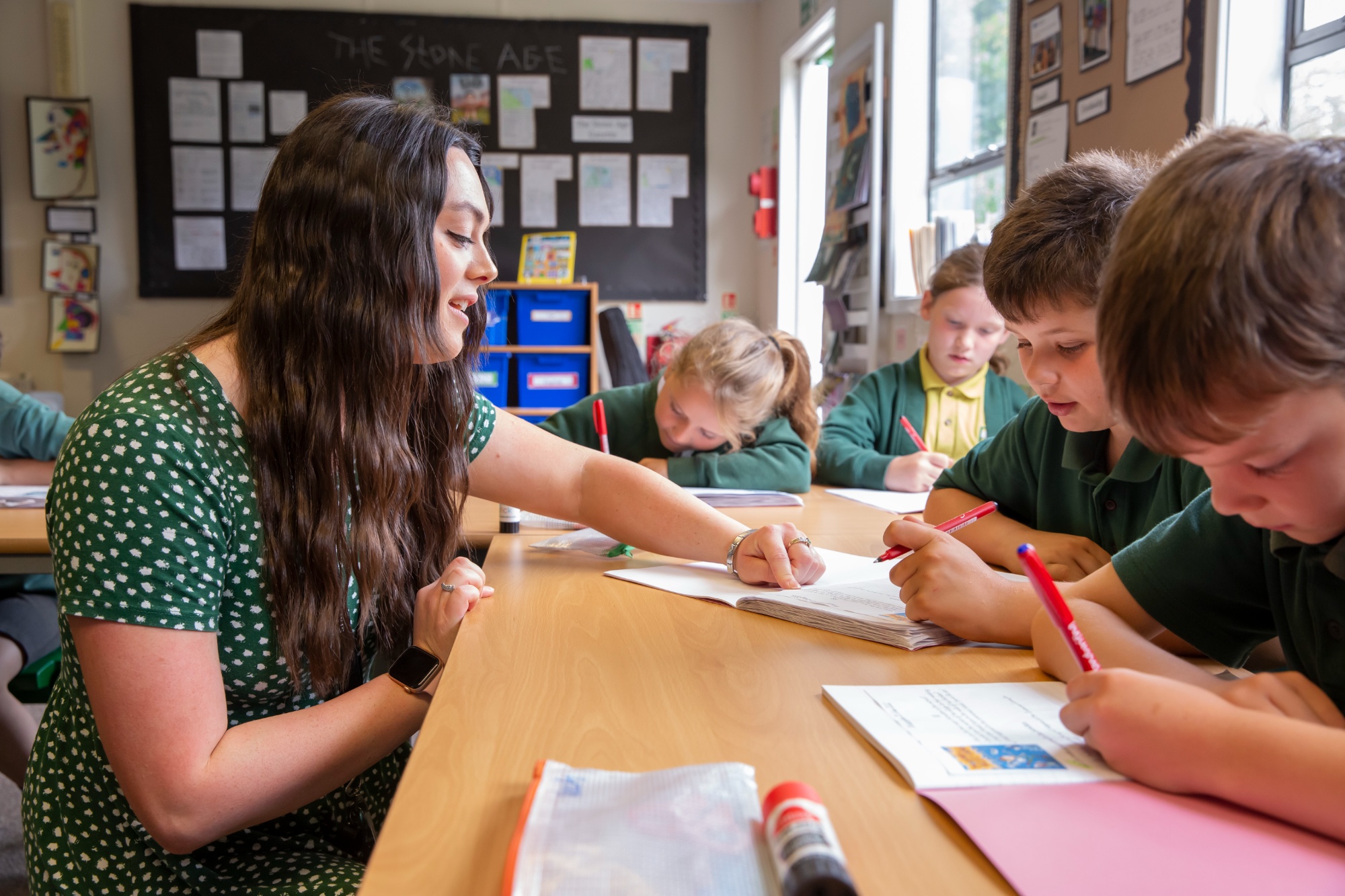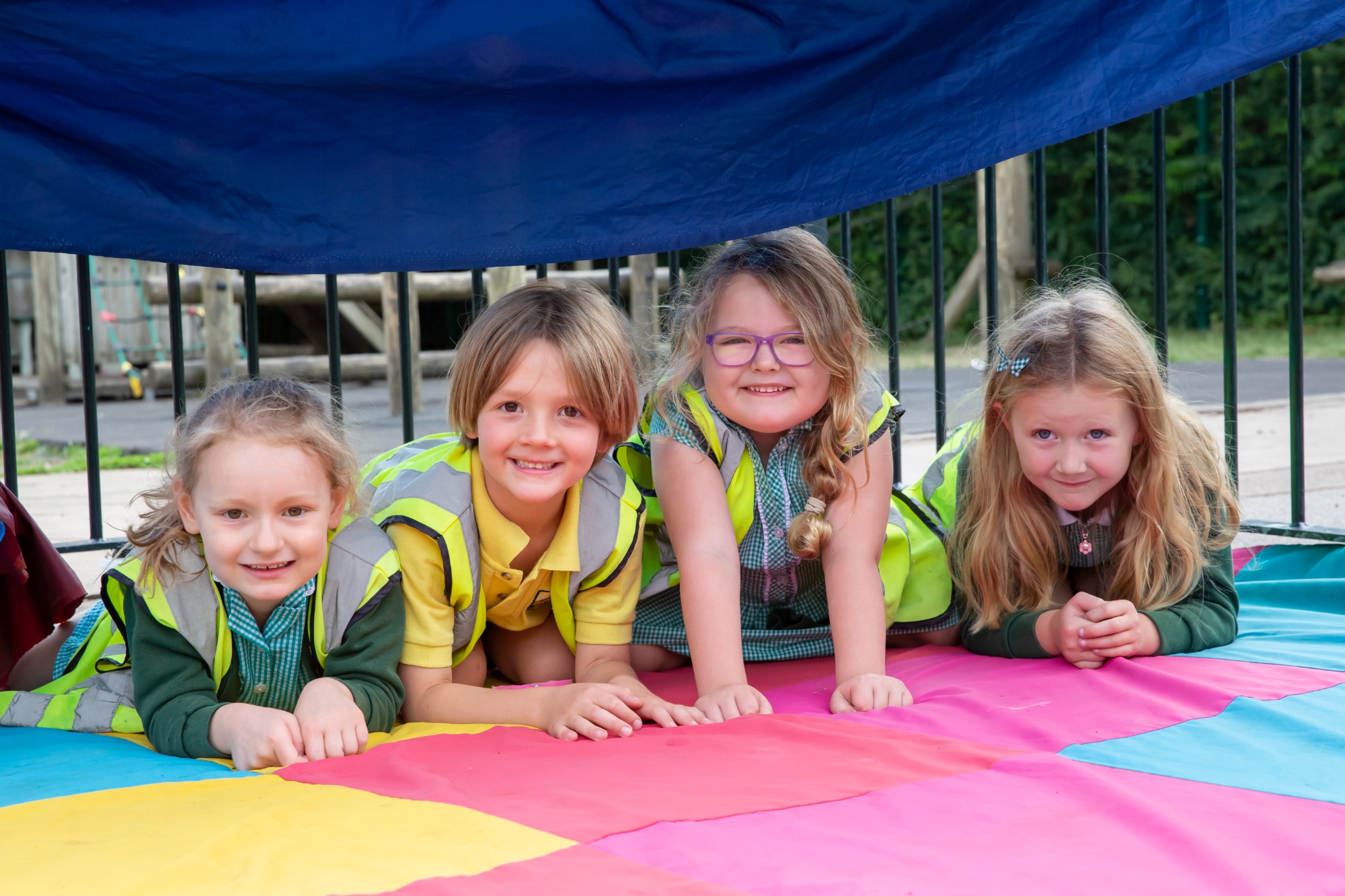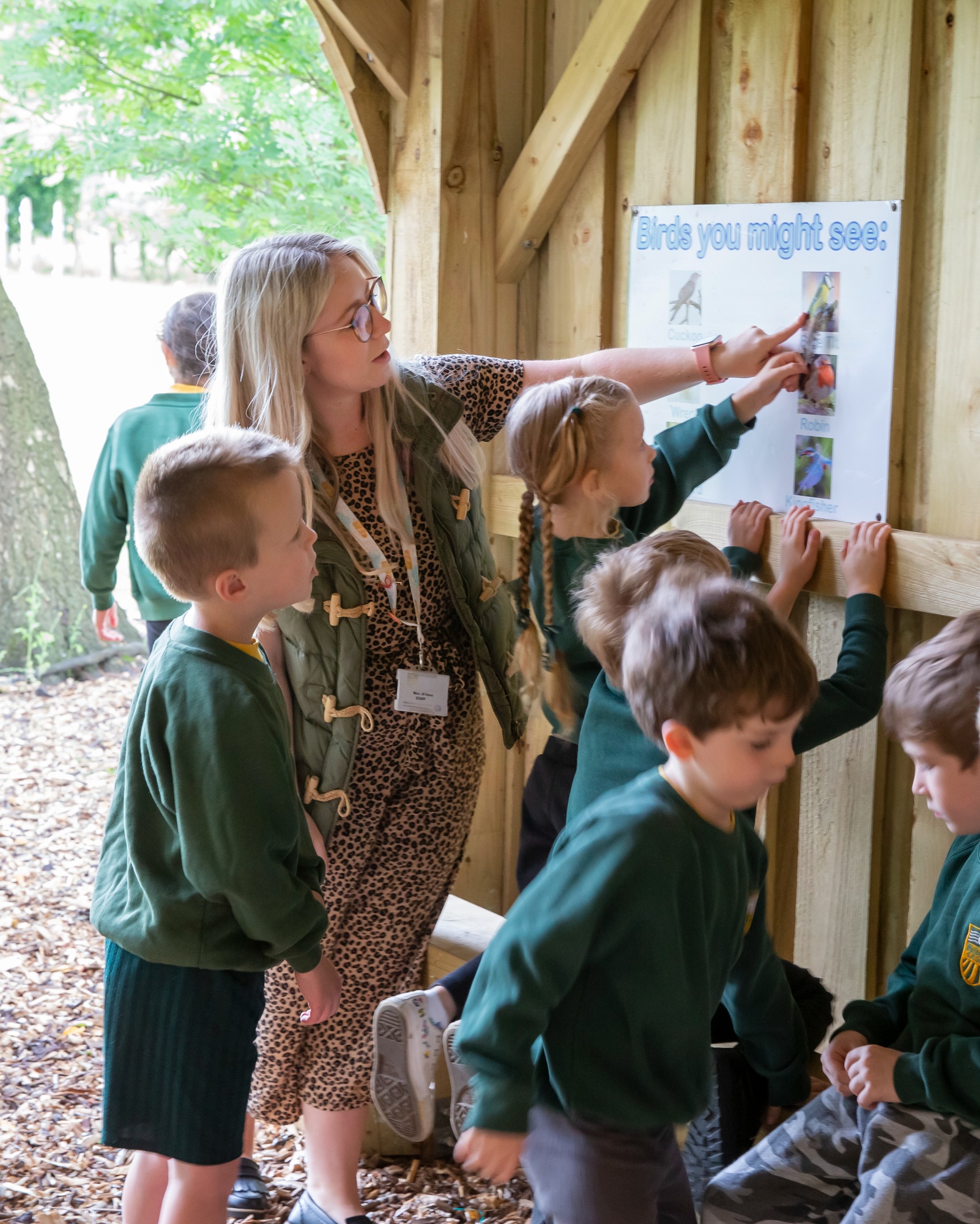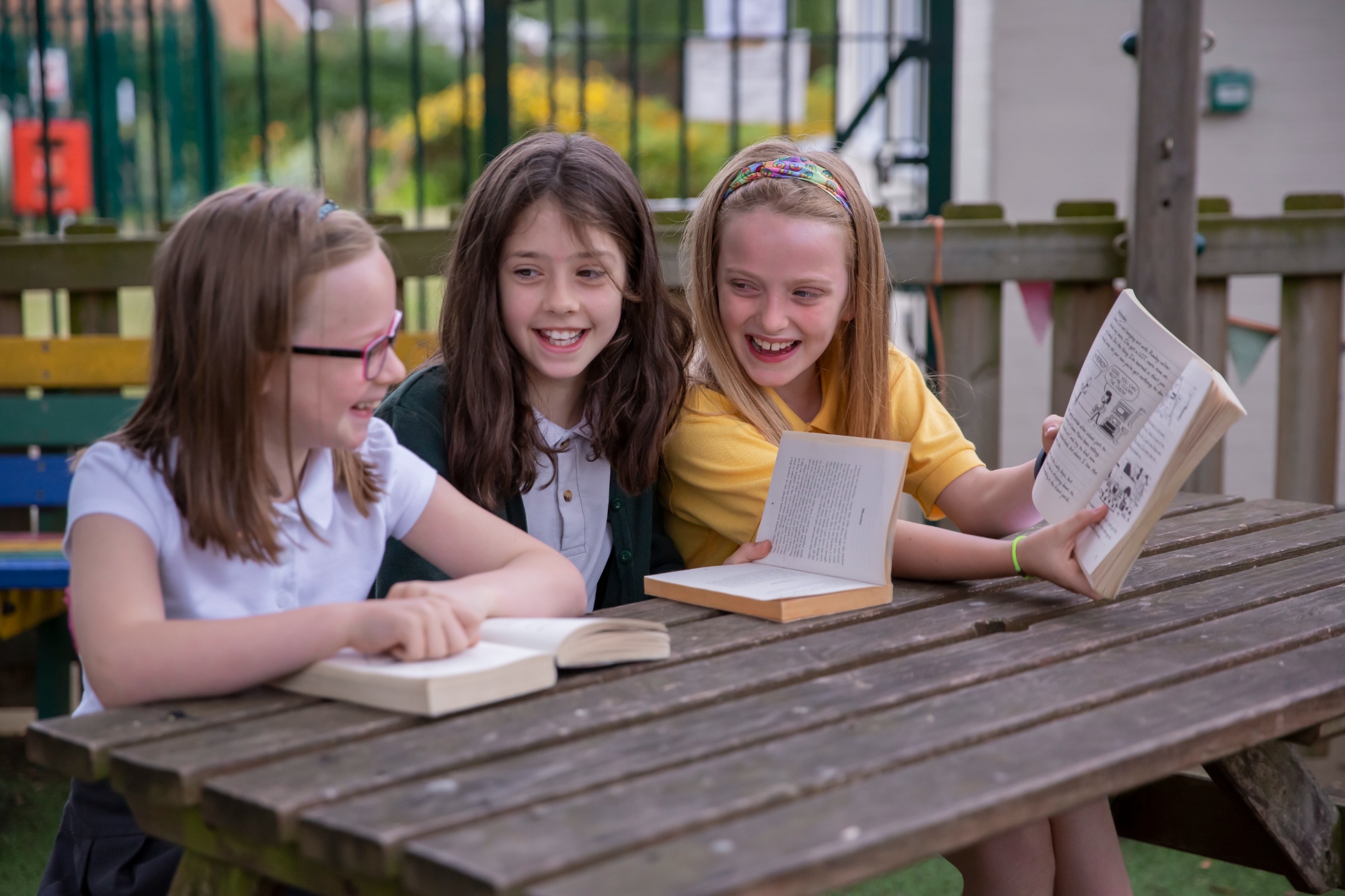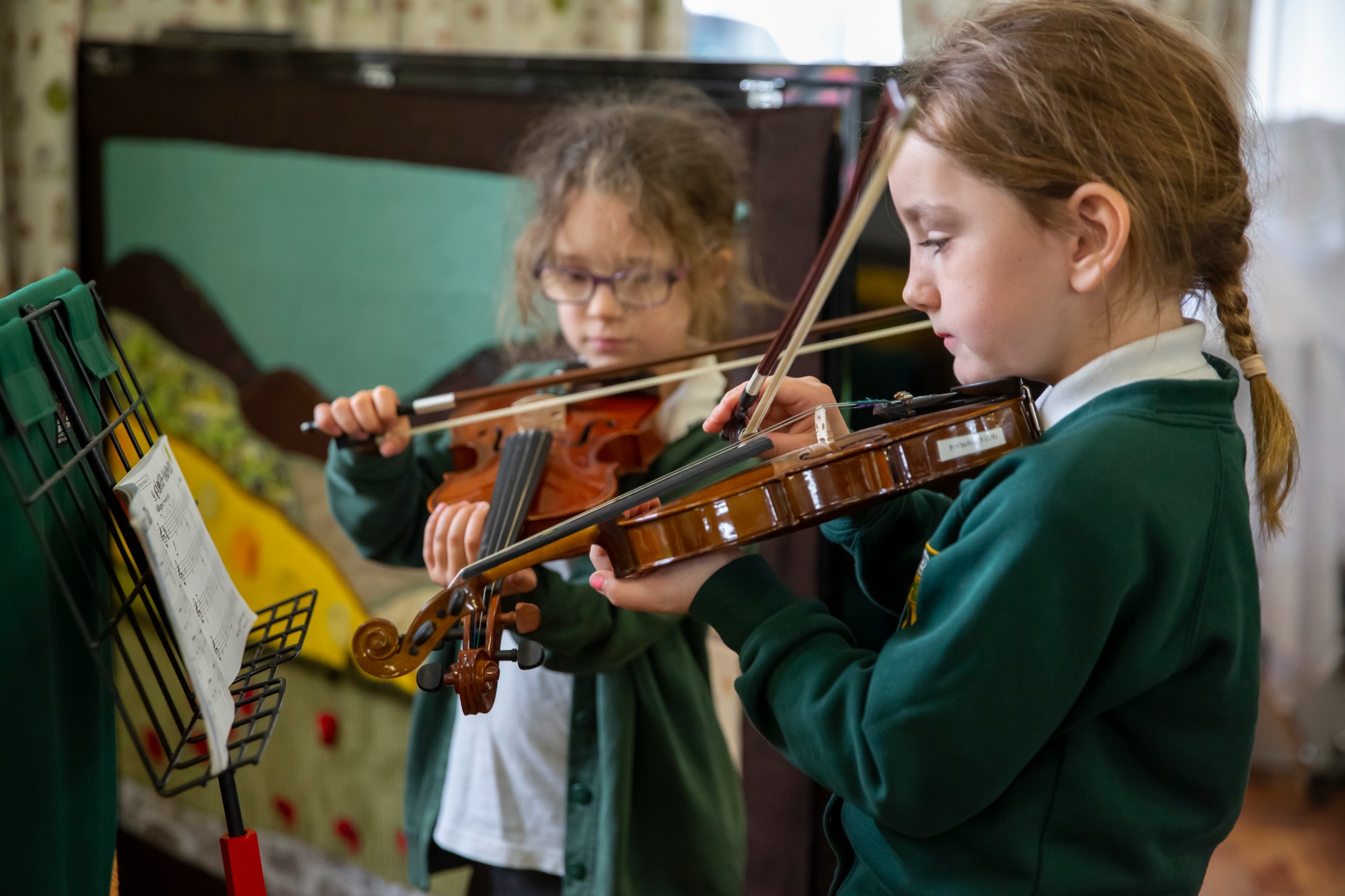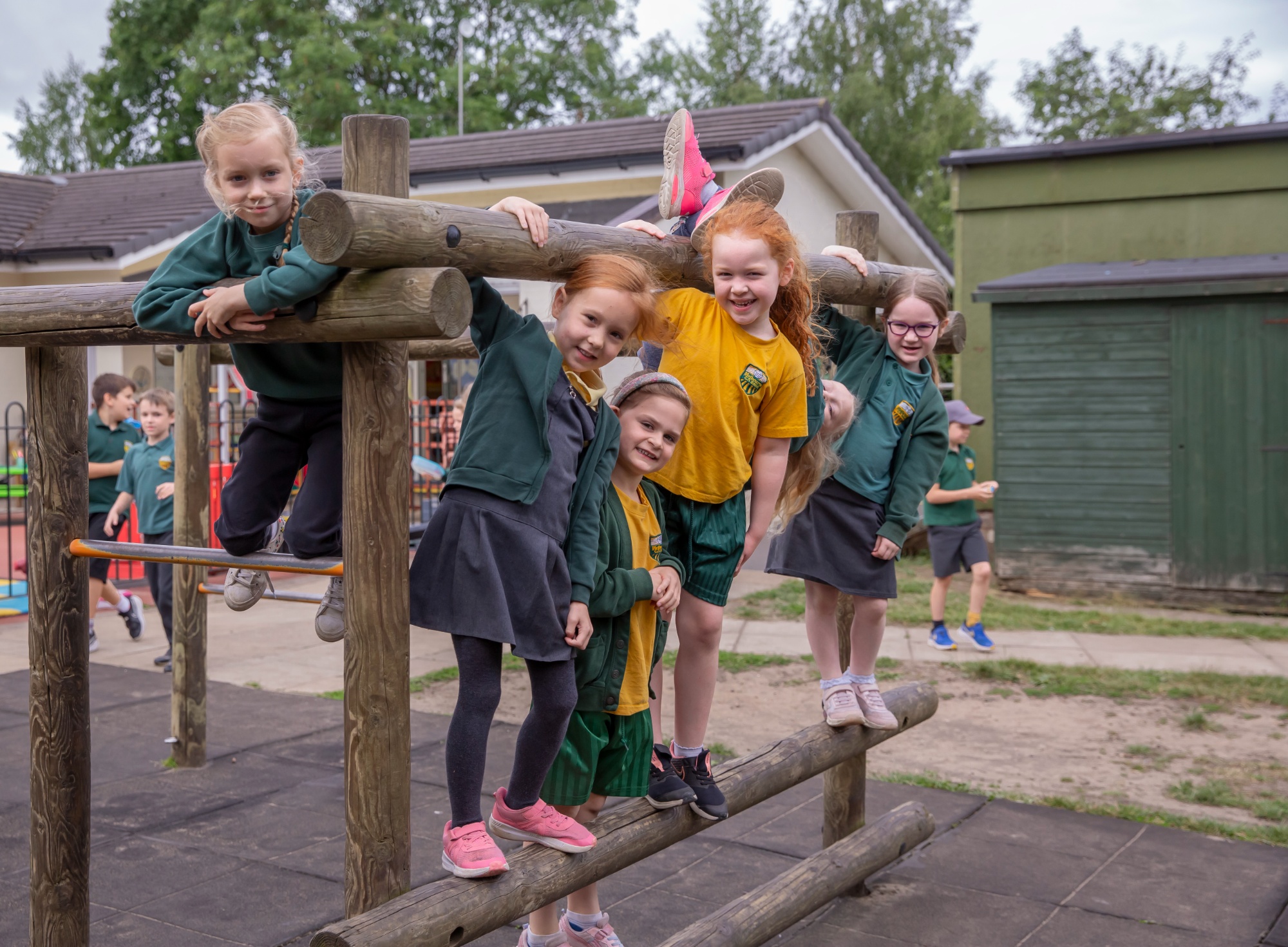MODERN FOREIGN LANGUAGES

The MFL Subject Leader is Hannah Hopkin
FRENCH
Our vision:
Modern Foreign Languages provide an insight into different cultures through the timeless beauty of the spoken and written word. Languages play a pivotal and varied role; broadening our understanding of our first language, developing our communication skills and allowing us to understand different societies, cultures and nations.
|
FLUENT |
To develop fluency in another language, pupils will develop mastery of the three areas of speech:
Repeated practice and reinforcement through retrieval activities in which children revisit and reinforce aspects of language learned so far to lay the foundation for new learning is at the heart of this process.
|
|
CONFIDENT |
An important factor in determining whether a child will continue to study languages is the strength of their positive view of themselves as language learners. Consequently, in lessons we take great care to build a culture of praise to build children’s confidence. However, it is also important that children understand the type of error corrections they will encounter in lessons as learning from mistakes is an essential part of their education. |
|
RESPECTFUL |
Pupils that choose to continue studying languages often do so because they wish to communicate with others outside of the UK, to discover more about cultures and peoples, and because they see the usefulness of language for their future. We also aim to promote further tolerance and harmony between different cultural traditions by enabling pupils to acquire an appreciation of and respect for their own and other cultures. |
Our curriculum.
Across Years 3-6, children will develop a richer vocabulary and grammar – and improve their pronunciation. They will encounter a growing range of language across a two year cycle that introduces theme and topic based learning. Each year has some key fixed content.
Each year group will:
- contain cultural and contextual topics – they will learn about key festivals and events in French-speaking countries, including how celebrations such as Christmas are celebrated in France. They will also study French texts and poems, some which are typical traditional French stories or by notable French writers. They will also learn about the countries where the language is spoken – including Paris in Years 3 and 4 to West Africa in Years 5 and 6.
- contain numbers and counting. This is progressive, moving from 1-10 in Year 3 to numbers to 100 by Year 6.
- continue to develop dictionary skills.
- have a regular focus on phonics and pronunciation. The sounds that are chosen as a focus are selected because they link to topic vocabulary.
In Year 3 and 4 our focus is to ensure children build vocabulary and confidence in phonics. a range of phrases to help them introduce themselves and interact in a new language. Consequently both cycles begin with an introduction to basic greetings and to language that relates to them and to classroom routines.
They will then follow a series of topics that can be delivered in any sequence but that, over the two years, build a working vocabulary that will include functional content such as numbers, days of the week, and simple questions and statements (such as I like, I would like, I am…). By Year 4, children will also develop a range of adjectives to add detail to their talk and writing. Adjectives and adjective agreement is the main focus for grammar in Years 3 and 4.
In Years 5 and 6 their vocabulary will continue to develop to include a focus on irregular auxiliary verbs – have, be, and do – as these are in frequent use but also form the basis of the tenses. He had gone. He is going. This is also because there is a far greater focus on grammar in Year 5 and 6 as children will start to speak in the past, present, and future tenses.
Our curriculum is planned and sequenced so it build to, and mirrors, the sequencing of skills at Woldgate, the main feeder for our pupils. This ensures children are in the best position to continue their language learning but also provides reassurance that if topics have not been secured by some pupils, they will be systematically revisited.
The topics for each year group are varied and include the following:
Years 3 and 4:
In Cycle A, children cover topics such as animals, introducing myself, days of the week, and learning the basic skills to ask for things and express preferences..
In Cycle B children will learn about topics such as parts of the body, food, clothing, months, and birthdays.
Years 5 and 6:
In Cycle A, children learn about sports and sports clothing as well as hobbies and transport.
In Cycle B they will learn about hours, rooms, places in a town and learn to order food in a restaurant.
You will see that topics move from the immediate here and now – focusing on the self – and move to pastimes, places, and social situations as children become more adept in speaking, writing, hearing, and reading French.
Why do we sequence the curriculum in this way?
We structure the curriculum this way so that the topics grow in complexity as their experience of language develops. We also keep at the heart of our planning the three key areas of phonics, grammar, and vocabulary – returning to these systematically as we progress.
Our teaching aims:
As these three areas are key to progression in French, most lessons will provide a speaking, listening, reading and written aspect.
These three aspects develop each mode of language use. For example:
- As well as ensuring the modes of language reinforce each other, correct pronunciation and exploration of the sounds of the language assist with spelling and the movement from phonemes to graphemes.
- Our schemes of learning explicitly identify the target vocabulary that is needed so that cumulatively children learn the essential building blocks to language.
- We build a working knowledge of grammar that begins with adjective agreement in Years 3-4 but moves into tenses in Years 5 and 6 to lay the foundations for more developed grammar at secondary school.
To achieve these aims, we include the following components to our lessons and schemes of learning.
- ‘Sentence builder’ tasks are used in lessons, enabling pupils to build accurate sentences and decode the grammar of the target language.
- Extensive retrieval of language through games and speaking activities
- Focus on listening and speaking skills at the start of every unit of work
Use of the target language in lessons.
Naturally we want learners to be exposed to the language they are learning. However, we do not want them to be overwhelmed by it in their early stages of language learning to the point that it could demotivate them. Consequently in lessons the use of French by the teacher will reinforce routines such as hands up, listen, repeat, as well as terms for materials around the classroom. As children progress, activities will be led in the target language to help embed knowledge in the long-term memory, support practice and recall, and help pupils to respond to language in meaningful ways.
